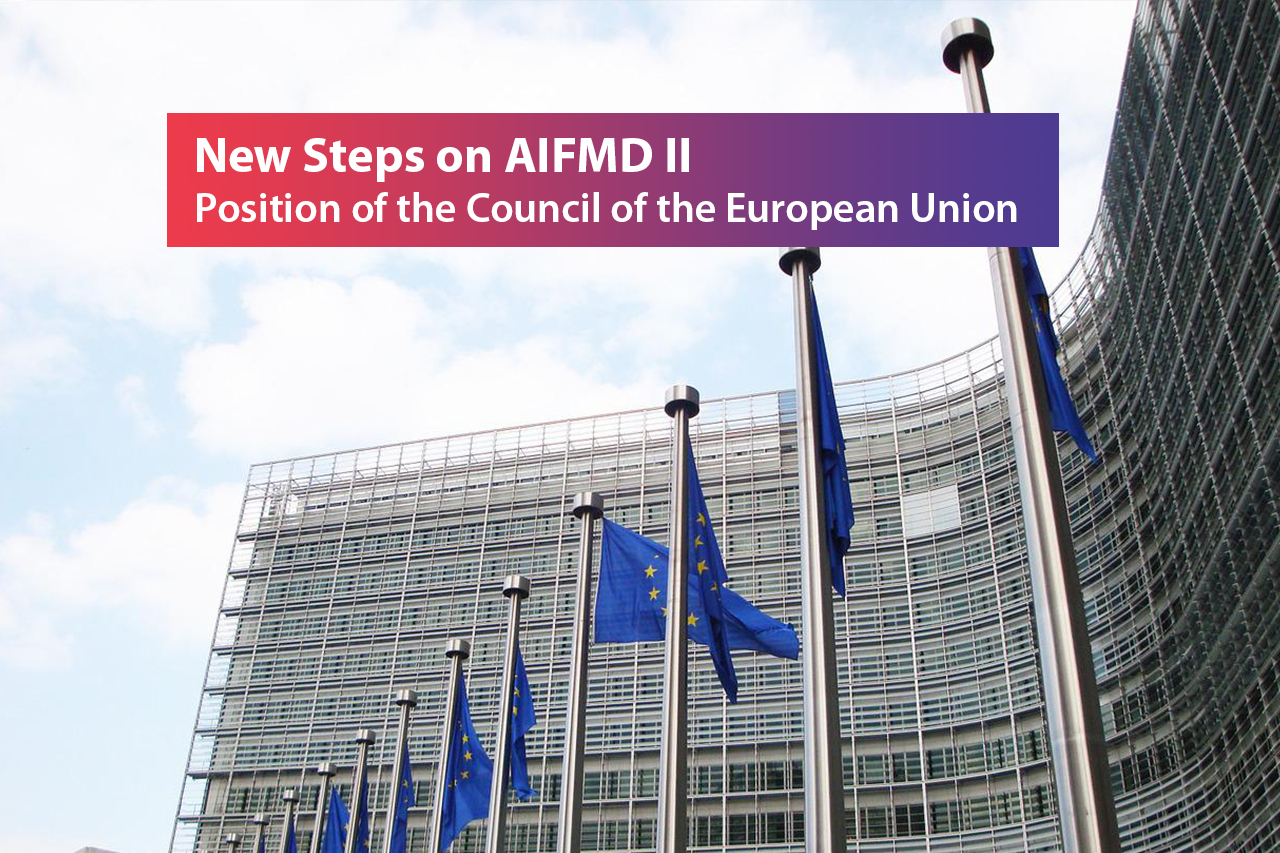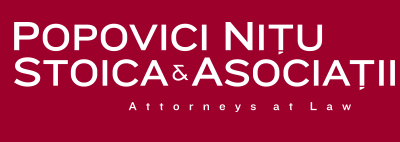- About Us
-
Expertise
- Banking & Finance
- Capital Markets
- Competition & Antitrust
- Corporate & Commercial
- Data Privacy
- Employment & Pensions
- Energy & Natural Resources
- Gambling & Betting
- Healthcare & Pharmaceuticals
- Insurance
- Intellectual Property
- International Arbitration
- Litigation
- Mergers & Acquisitions
- Project Finance/PPP, Concessions & Infrastructure
- Public Procurement
- Real Estate
- Restructuring & Insolvency
- Sports Law
- Tax
- Telecommunications, Media & Technology
- Transports & Logistics
- White Collar Compliance & Defense
- Our team
- Careers
- Publications
- News and Press
- Contact
Legal Update
New Steps on AIFMD II: Position of the Council of the European Union on the European Commission's Proposal
CAPITAL MARKETS
Key points
Following up to our previous briefings[1] on the AIFMD II Proposal, please find below the last developments on this topic.
On June 21, 2022, the Council of the European Union issued its general approach (the General Approach) on the European Commission's proposals to amend the AIFMD. This follows the draft report of the Committee on Economic and Monetary Affairs of the European Parliament issued on May 16, 2022[2], being in the form of the revised version of the AIFMD II Proposal. The main topics concern delegation, EU framework for loan-originating funds, liquidity risk management, outsourcing, data reporting and depositaries.
 Capital Markets: New Steps on AIFMD II
Capital Markets: New Steps on AIFMD II
We present below the main draft amendments to the AIFMD II Proposal adopted by the General Secretariat of the Council:
1. Loan origination
The General Approach provides for a specific definition of loan origination: "granting loan by an AIF as the original lender" which may trigger additional obligations also for funds which accidentally originate a single loan, even if loan origination does not represent their investment strategy. Moreover, there is a general prohibition on AIFMs managing AIFs whose investment strategy is to originate loans or gain exposure to loans through a special purpose vehicle which originates a loan for or on behalf of the AIF or AIFM in respect of the AIF, with the sole purpose of transferring those loans or exposures to third parties (so-called "originate-to-distribute").
There could be also an exemption from the requirements to implement certain loan origination policies and procedures in respect of "shareholder loan[3]", to be further determined by the Member States, provided that:
- the value of the loan does not exceed in aggregate 100 % of the AIF's capital; or
- the loans are granted to portfolio undertakings which acquire and manage real estate or participations in real estate companies, and in which the AIF directly or indirectly holds 100 % of the capital or voting rights. This requirement shall apply on a look-through basis to underlying assets controlled directly or indirectly by the AIF or the AIFM acting on behalf of the AIF.
On exposure limits, there is a new restriction on lending to a single borrower which is a financial undertaking, an AIF or a UCITS where the loan is in excess of 20% of the AIF's capital (including both loans originated by the managed AIF and by certain special purpose vehicles on behalf of the AIF). A new definition of capital is also proposed: "aggregate capital contributions and uncalled committed capital, calculated on the basis of amounts investible after deduction of all fees, charges and expenses that are directly or indirectly borne by investors" which may increase the amount that an AIF would be allowed to lend.
The condition for an AIF to be closed-ended if it originates loans exceeding 60% of its net asset value is replaced with a general requirement for the AIF to be closed-ended unless its liquidity risk management system is compatible with its investment strategy and redemption policy.
2. Delegation
The General Approach takes out from the scope of DAFIA those distributors "which are acting on their own behalf and which market the AIF under Directive 2014/65/EU or through insurance based investment products in accordance with Directive 2016/97/EU, such function shall not be considered a delegation subject to the requirements laid down in the abovementioned paragraphs, irrespective of any distribution agreement between the AIFM and the distributor".
In addition, reporting obligations in relation to delegation are extended, the AIFM being required to provide to the competent authorities including information regarding "delegates, specifying the delegates' name and domicile, whether they have any close links with the AIFM and whether they are authorised or regulated entities for the purpose of asset management", "list and description of the activities concerning risk management and portfolio management functions which are delegated", "the amount and percentage of the AIF's assets which are subject to delegation arrangements concerning the portfolio management function", etc. The Council expressly states that "data collected on the percentage of the assets of the managed AIFs (…) is for the purposes of providing a greater overview of the operation of delegation, and is not on its own an evidential indicator for determining the adequacy of substance or risk management, or the effectiveness of oversight or control arrangements at the level of the manager. Such information should be communicated to the competent authorities as part of the supervisory reporting governed by Article 24 of Directive 2011/61/EU".
3. Liquidity management
The General Approach imposes severer rules on liquidity management, requiring AIFMs of open-ended funds to select at least two (instead of one as the European Commission proposed) appropriate liquidity management tools from the list set out in Annex V, for possible use in the interest of the AIF's investors, unless the AIF is authorised as money market fund.
4. Depositaries
The General Approach seems not to encourage passporting, leaving the decision on the level of the competent authority from the AIF home Member State, on case-by-case basis. However, the European Parliament has proposed an obligation for the European Commission to carry out, within 24 months of the AIFMD II coming into force, a comprehensive study on the potential benefits and risks of introducing a Union depository passport, in particular in terms of reducing costs, allowing the choice of more competitive depositary services from other Member States and extending the choices available to managers.
***
What's next?
The file is currently under review by the co-legislators.
Given the fact that the Council has agreed its position (the General Approach) on the AIFMD II Proposal, the trilogue negotiations with the European Parliament and Commission will start, in order to agree on a final version of the text.
We will continue to follow up on this topic.
________________________
[3] 'shareholder loan' means an advance on current account granted by an AIFs to an undertaking in which it holds directly or indirectly at least 5 % of the capital or voting rights and which cannot be sold to third parties independently of the capital instruments held by the AIF in the same undertaking.
This document is intended for informational purposes only, does not represent legal advice and does not focus on particular cases.
For further information or analysis on specific matters, please contact Alexandra Niculae.










